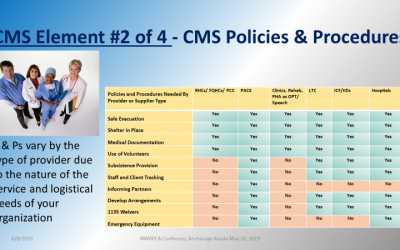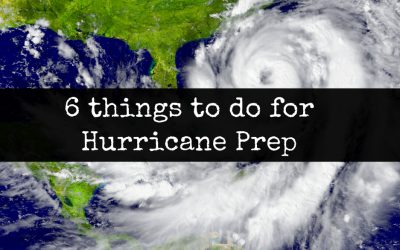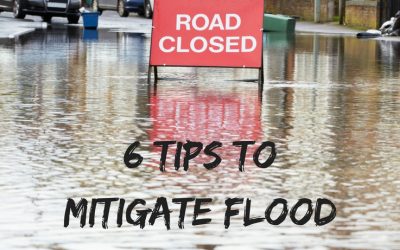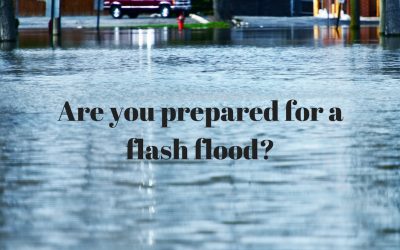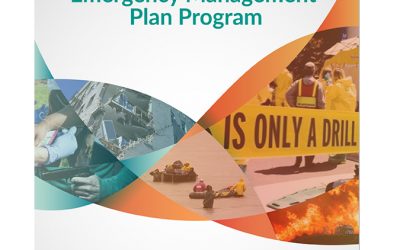Over 10 years ago, businesses in Ireland were encouraged to make disaster planning one of their top resolutions going into 2006. Several disasters that year, including an oil depot fire, prompted this push to protect businesses, property and people from avoidable situations.
As we make our way into 2018, we can safely assume that businesses still need to make disaster planning their top resolution, as this year showed us yet again there was a disconnect in putting plans into action. 2017 brought with it a huge shift in disaster planning when it came to health care facilities.
Would you believe that in 2015, only 37% of small business owners had a formal disaster preparation plan? What’s even worse is that barely half of small business owners thought it was important! Businesses can learn from the health care industry’s process and begin making and updating plans before the federal government mandates it.
An Extreme Weather Plan
Perhaps you’re thinking that because you don’t live in a hurricane area that you don’t need to worry about extreme weather. Or because it doesn’t snow where you are, you don’t need to do anything special this winter. But with more businesses moving toward remote work, what happens across the country could very easily affect your work.
Consider where your employees live and work, and the hazards that they may face throughout the year. You’ll want to share with them the proper method for alerting their supervisor if there is a disaster that effects them personally, or their work. In the military, each time there is a disaster somewhere, supervisors ask their troops if they have any immediate family in the vicinity. They do this to make sure that they are able to keep up with that service member’s family and offer support if possible. You can easily do this with both remote and local employees.
Now is the time to make your plans for all types of weather. From winter storms and spring flooding to hurricanes and wildland fires — some disasters can be planned for seasonally and others are quite unexpected.
How to Offer and Receive Help
If you or your employees should find yourself in the middle of an emergency, there are several ways to get assistance. When making a plan, be sure to consider what your insurance covers (link: https://smallbusiness.com/operating/small-business-disaster-insurance/). You’ll want to consider property, business interruption, liability and workers’ compensation insurance when planning for emergency events.
There are also ways that you can help others during an emergency, by offering space to serve as a shelter, or offering supplies and services to help the community get back on its feet. All of these things are best planned as far in advance as possible. If philanthropy is part of your business plan, then this kind of disaster planning is a perfect match.
It seems like year after year, disaster after disaster, people restart the preparedness conversation. Don’t wait until the next disaster strikes, contact CCS and start planning today.

